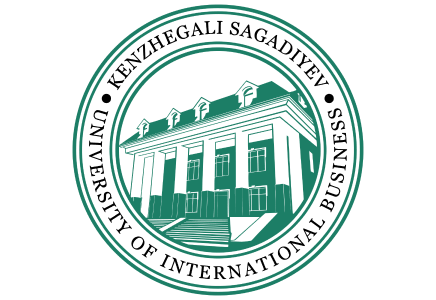International analytics
Languages of instruction:
Kazakh, Russian
Specialized subjects at the UNT:
Foreign languages World History
International programs:
Academic mobility; Dual Degree program
What is it?
This educational program involves the study of methods for analyzing modern geopolitical problems and conflicts; the study of the problems of modern migration processes on a global and regional scale; consideration of the relationship between globalization and attempts to manage it, both in the regional context of regional governance and in the global context (global governance); obtaining a student’s holistic view of the possibilities and features of data analysis in international relations.
Training of professional diplomats and consulting analysts of international relations, competitive in the labor market, demanded by state bodies and institutions, foreign and domestic companies, fluent in foreign languages, able to effectively adapt to changing social and professional conditions of work, possessing skills of managerial work and management.
- Develops strategies of foreign and public policy and action plans for addressing international problems, based on analysis of various sources of information and multiple factors.
- Able to interpret the stages of development, concepts and theories of international relations (realism, liberalism, constructivism, feminism, etc.), the foundations of law and economic theory and international economic relations.
- Demonstrates understanding of the fundamentals of diplomatic and consular service, including rules and procedures of diplomatic and consular representation, and effectively interacts within the framework of diplomatic principles and protocols.
- Utilizes knowledge of state and foreign languages, the basics of international relations, and diplomatic etiquette while interacting with foreign and business partners.
- Applies negotiation skills and leadership qualities in international contexts, such as ability to analyze interests of parties, find compromises, build trust, and achieve mutually beneficial agreements, work in teams, and interact with representatives of different cultures and nationalities.
- Applies scientific research methods for data collection and interpretation of research results, as well as analysis of international processes, events, and issues, and presents research findings in professionally formatted works using various software.
- Analyzes historical and geopolitical processes of international relations in modern and contemporary times, and understands their impact on contemporary international politics and international security.
- Critically evaluates the effectiveness, role, and impact of international conflicts, world economy and international trade, diplomatic negotiations, geopolitical factors, international organizations (UN, EU, NATO, etc.), international political decisions, treaties, and agreements at the global level.
№ | Name of discipline |
1 | Economic Theory and Microeconomics |
2 | Introduction to International Relations |
3 | Introduction to Research Methods |
4 | Second foreign language 1 |
5 | Geopolitics in international relations |
6 | Diplomatic and consular service |
7 | Diplomatic etiquette and protocol |
8 | The history of International relations in modern times |
9 | The history of international relations in the new era |
10 | Kazakh (Russian) language 3 |
11 | Kazakh (Russian) language 4 |
12 | Leadership |
13 | International security |
14 | International law |
15 | Fundamentals of law and anti-corruption culture |
16 | Processes of global integration |
17 | Modern conflicts and methods of their settlement |
18 | Technique of conducting diplomatic negotiations |
19 | Business Information Management |
20 | Foreign language 3 |
21 | Foreign language 4 |
22 | Foreign language 5 |
23 | Foreign language 6 |
24 | Second foreign language 2 |
25 | Second foreign language 3 |
26 | Second foreign language 4 |
27 | Public policy analysis |
28 | The foreign policy of the Republic of Kazakhstan |
29 | Global energy policy |
30 | The Global South in World politics |
31 | Quantitative methods in international relations |
32 | Media and international relations |
33 | International environmental policy |
34 | Fundamentals of the analysis of international processes |
35 | Comparative Foreign Policy Analysis |
36 | Central Asia in international relations |

